When the light around you is not quite right, it can cause your eyes to work harder to maintain a comfortable focus, which can lead to headaches and fatigue. […]
How Lighting Conditions Affect Eye Strain
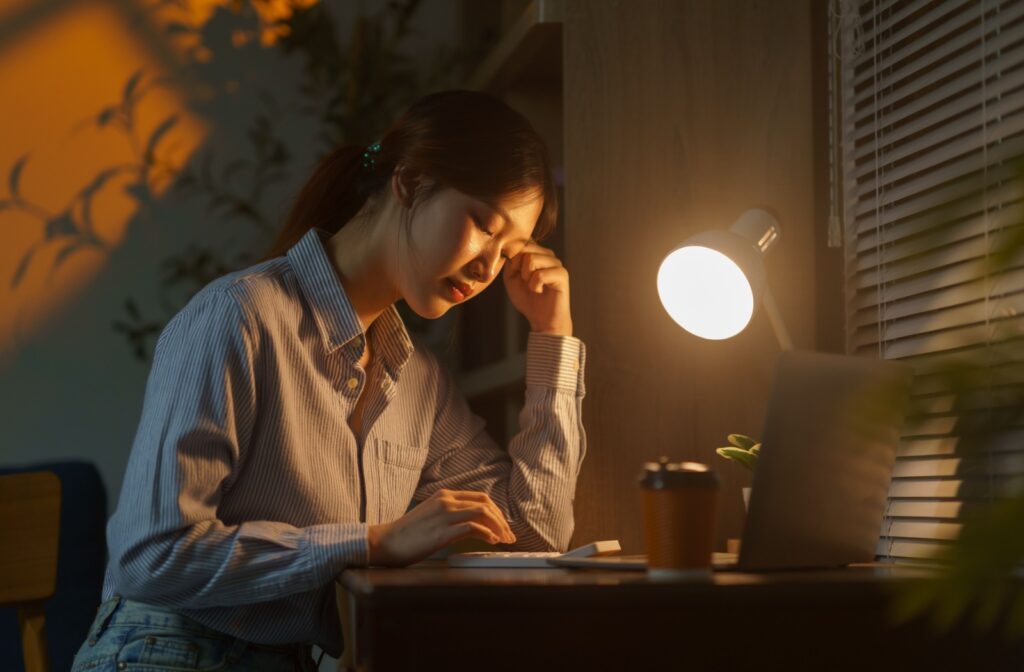

When the light around you is not quite right, it can cause your eyes to work harder to maintain a comfortable focus, which can lead to headaches and fatigue. […]

Protecting your vision in a digital world involves a combination of mindful habits, an ergonomic environment, and consistent, professional eye care. […]
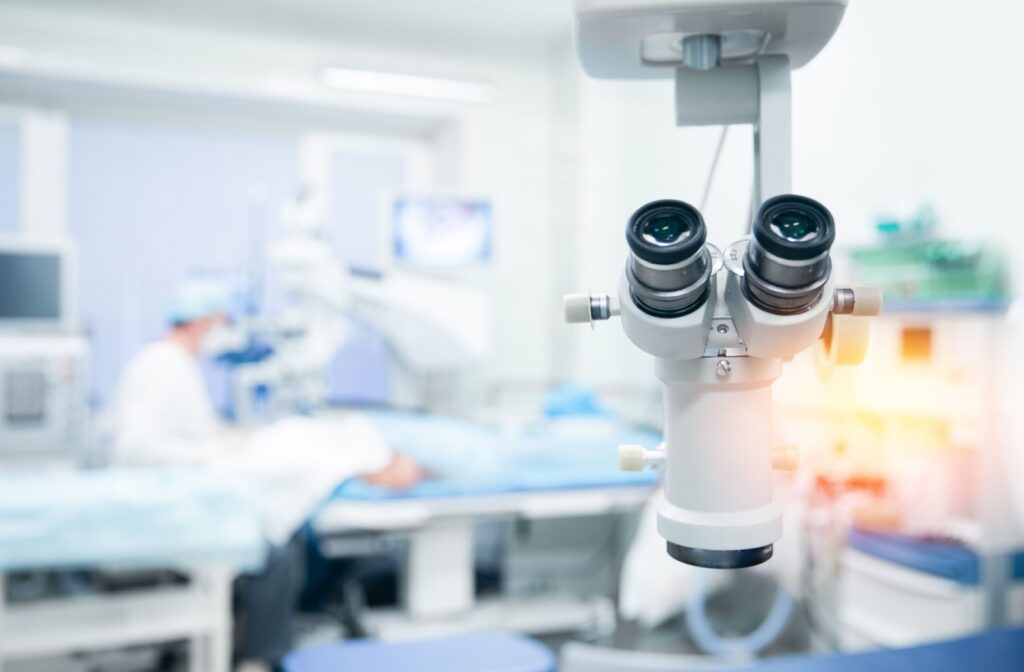
You are awake during LASIK, but your surgeon will apply numbing drops that keep you comfortable and relaxed. Your cooperation and focus are part of the process, and our practice is built around helping you feel at ease from start to finish. […]
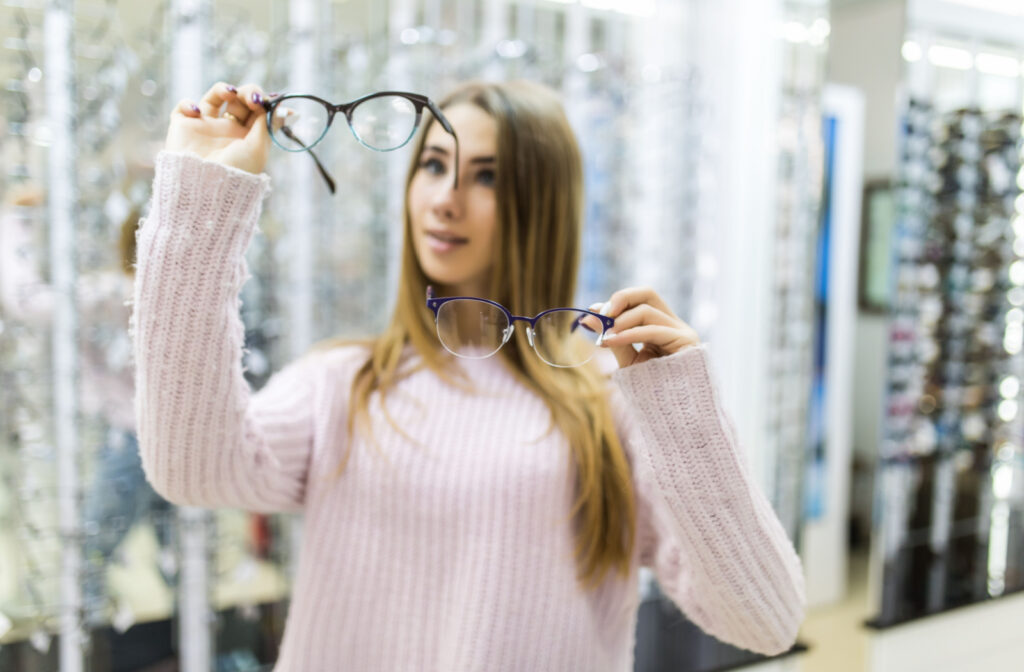
Your eyeglass prescription is typically valid for one to two years from the date of your eye exam. […]
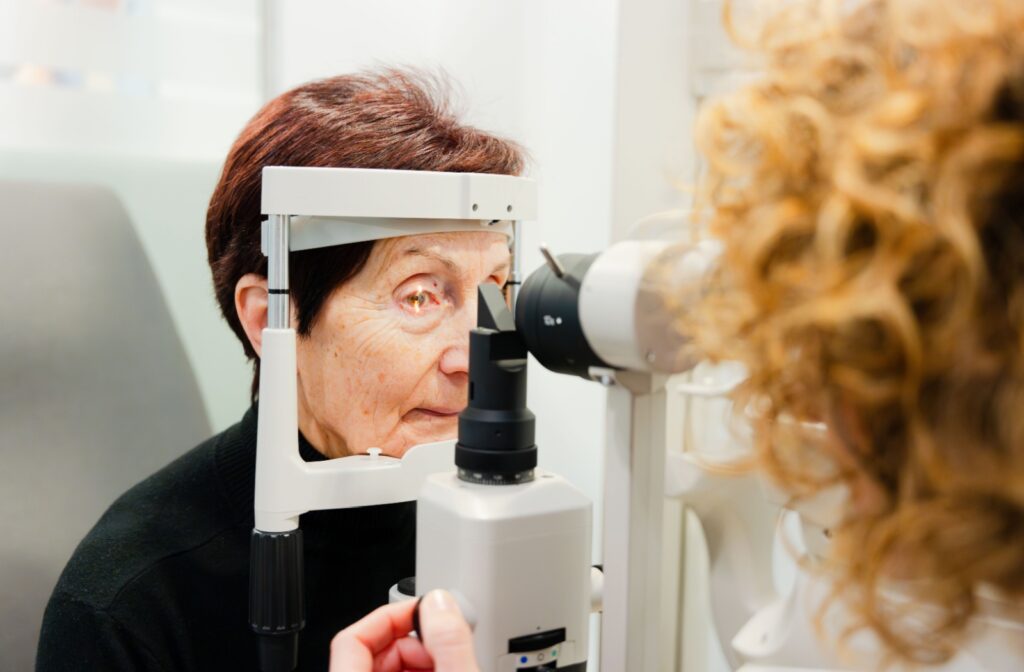
Yes, an optometrist can diagnose cataracts during a comprehensive eye exam. […]

Polarized sunglasses are designed to reduce glare and improve visual clarity, making them a smart choice for many driving conditions. […]

While cataracts often result from aging and other factors, prolonged exposure to sunlight can increase your risk of developing them early. […]

Anti-glare coatings help reduce glare from bright light sources, such as sunlight or headlights. Conversely, anti-reflective coatings reduce internal and external reflections on your lenses, improving visual clarity. […]
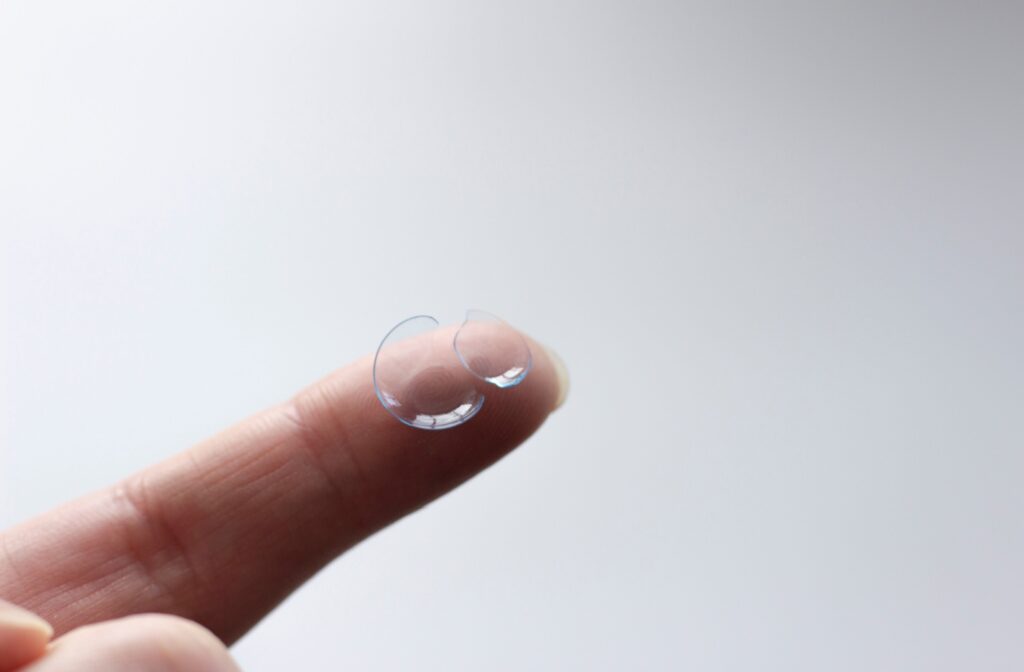
Certain factors can weaken or damage your lenses, making them more likely to tear, including:
Poor handling
Dry lenses
Old or expired lenses
Improper cleaning and storage
Low-quality or damaged lenses […]
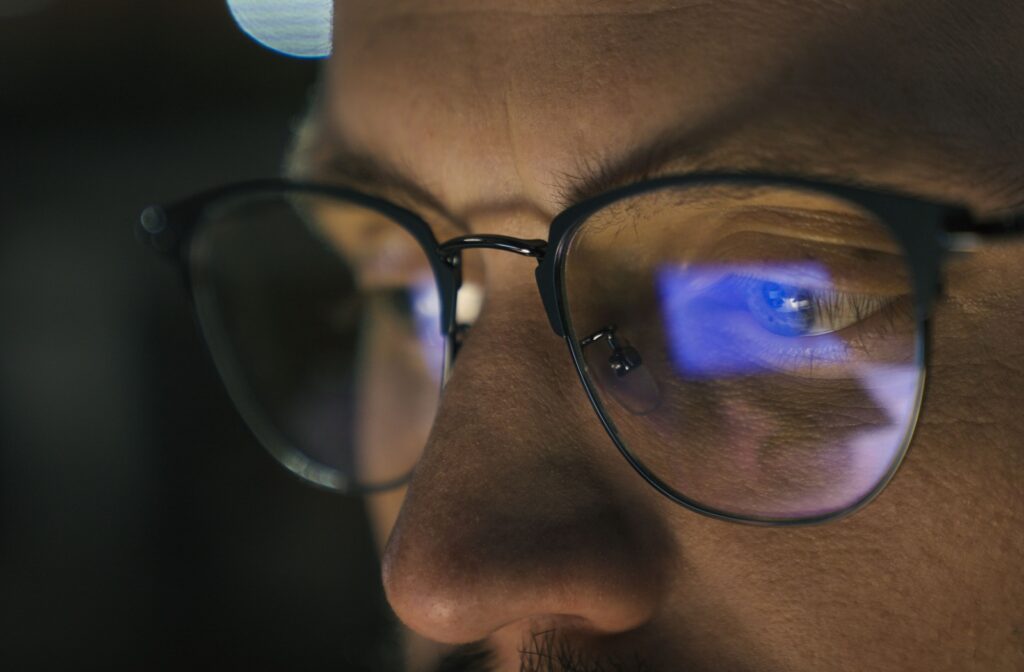
If you spend significant time using digital devices and computers, blue light filters may help. They reduce the amount of blue light that reaches your eyes, which prevents unwanted side effects. If you wear prescription glasses, a blue light filter on your lenses can make screens much more comfortable on your eyes. […]